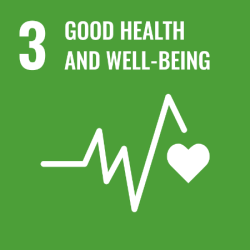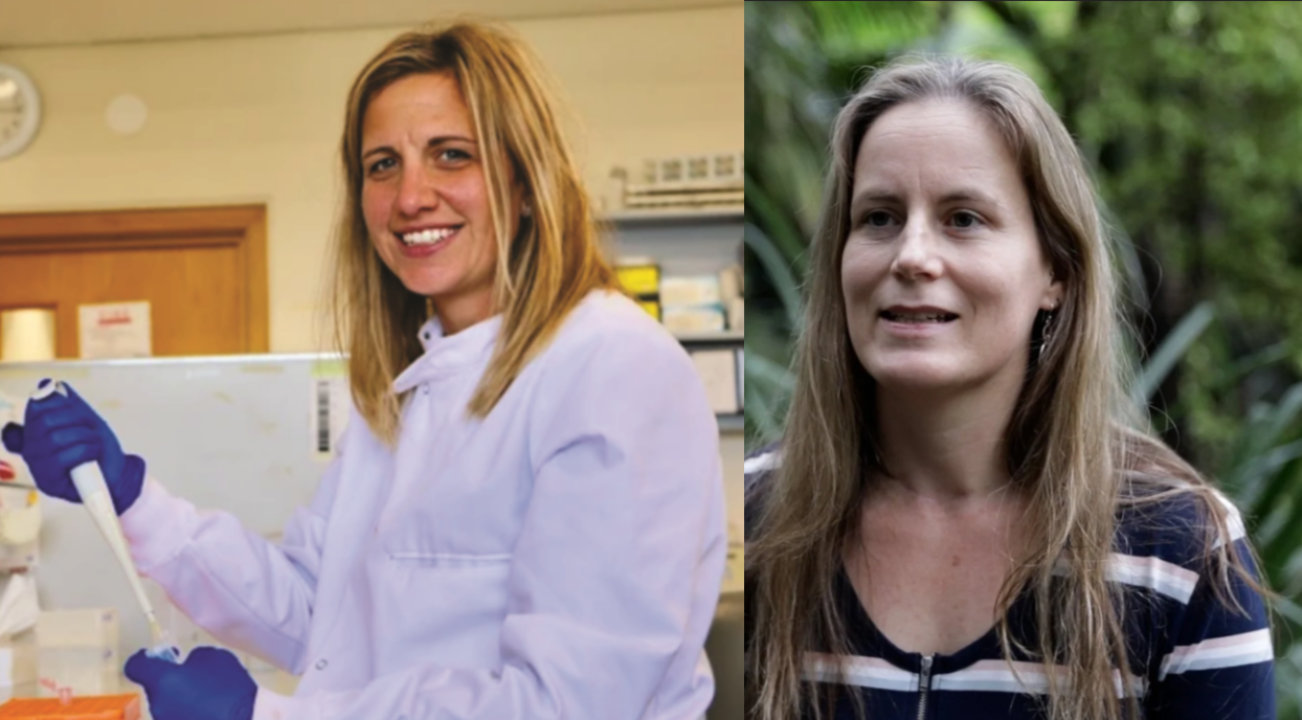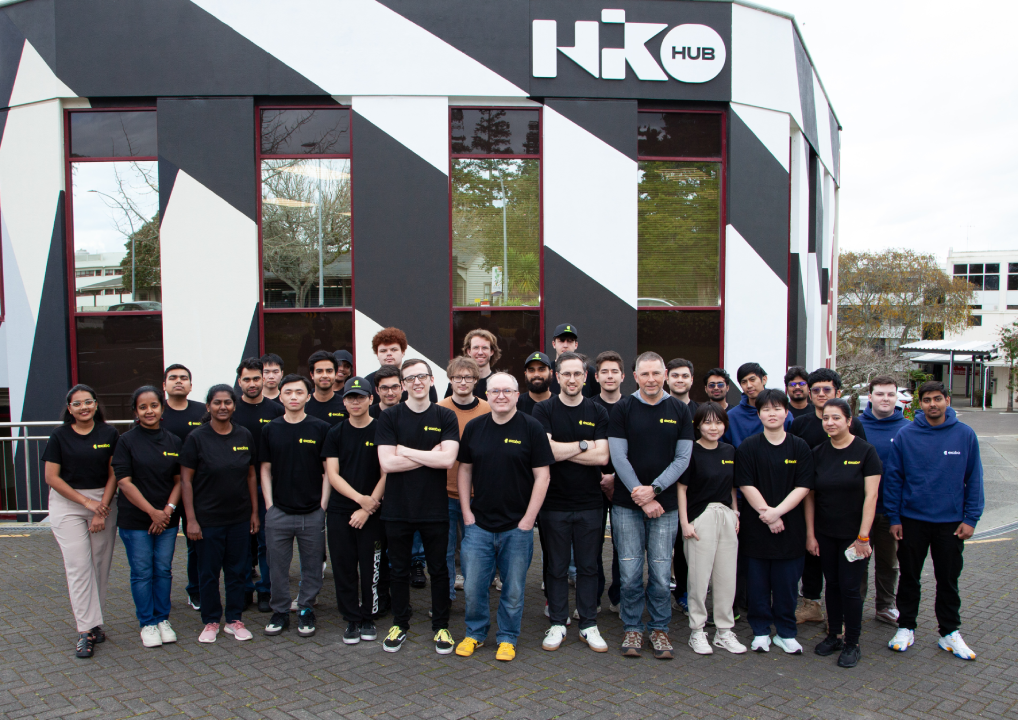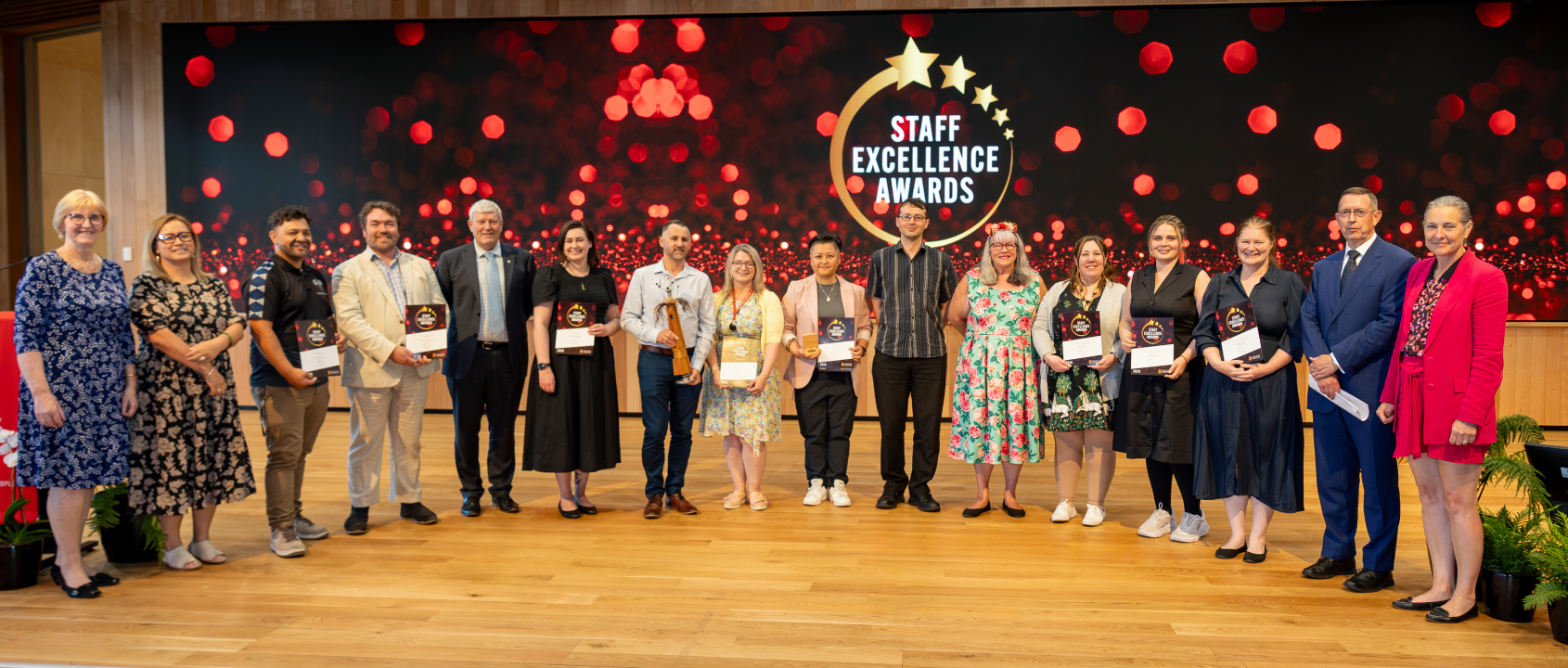When used traditionally, the kava root is typically ground up and mixed with water producing a drink which is shared in a culturally informed group setting. Kava produces relaxant effects, and in tablet form has been proven to reduce anxiety.
University of Waikato Fulbright Scholar to study how kava can be used to reduce PTSD
Former police officer Dr. Apo Aporosa has been awarded Fulbright Scholarship for Hawai'i projects, is researching kava's impact on combat soldiers' PTSD.
11 Mar 2022
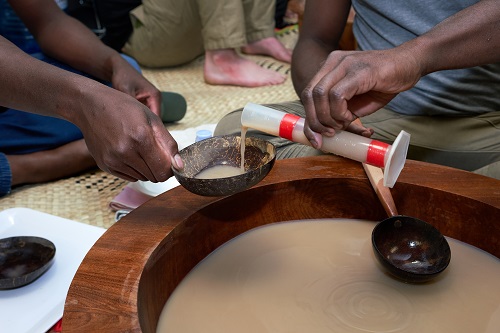
Photo by Todd M Henry
On his return from Hawai’i, Dr. Apo Aporosa plans to run a full research project with post-combat soldiers, first responders and corrections officers, testing how traditional culturally informed kava use can work in the treatment of PTSD.
“Kava reduces anxiety and it promotes sleep, which are both critical to reducing PTSD. I know what sitting down, drinking kava and engaging in talanoa, or relationally-based dialogue, did for me on my own journey to recovery. I have also spent time with Fijians in the British Army who had recently returned from Afghanistan, and when I combine my experience with what they were saying, I am convinced we are onto something here,” says Dr Aporosa.
Internationally, pills containing a limited extract of kava have been available and used to treat conditions like anxiety for some time, but Dr Aporosa says these pills are very different to how kava is used and consumed traditionally.
“The efficacy of tablets might be good, but this research is about how much more we could do when using kava in its traditional form linked to relational connection and talanoa, and allowing the unpacking of trauma,” he says.
“Kava is also great at relaxing the mind and body. It removes anger and frustration and does not intoxicate, giving people the space and mental clarity to have conversations about the issues they are struggling with,” says Dr Aporosa.
He says people need the ability to stop and connect with others on a deep and supportive level, feeling as though they have been heard and they matter.
“This doesn’t happen the same when alcohol or other substances are used, as these often impair, disinhibit and alter perception,” he says.
Dr Aporosa, a lecturer and researcher at Te Huataki Waiora School of Health and Te Kura Whatu Oho Mauri School of Psychology at the University, says this work has the potential to revolutionise how traditional kava use is viewed internationally.
In a second project, Dr Aporosa’s Fulbright award will see him investigate kava hypertoxicity at Chaminade University of Honolulu in Hawai’i and New Zealand’s Institute of Environmental Science and Research (ESR).
“‘Washdown’, or drinking a small amount of alcohol following traditional kava use, is increasing in popularity. This is particularly the case with Pacific people living away from their home villages and also among non-Pacific people who are increasingly using kava. There is suspicion that this introduction of alcohol causes a chemo-type disruption to the kava which can damage the liver. We want to clarify this with the aim of improving health”, says Dr Aporosa.
Dr Aporosa is the first Pacific staff member from the University to receive a Fulbright Scholarship. He says that this award was only possible because of the support he has received from so many, including the Pacific team at the University of Waikato and his wife Jan.
“I represent them, and I am part of them, and I wouldn’t be doing this without their support,” he says.
This research aligns with the following United Nations Sustainable Development Goals:
